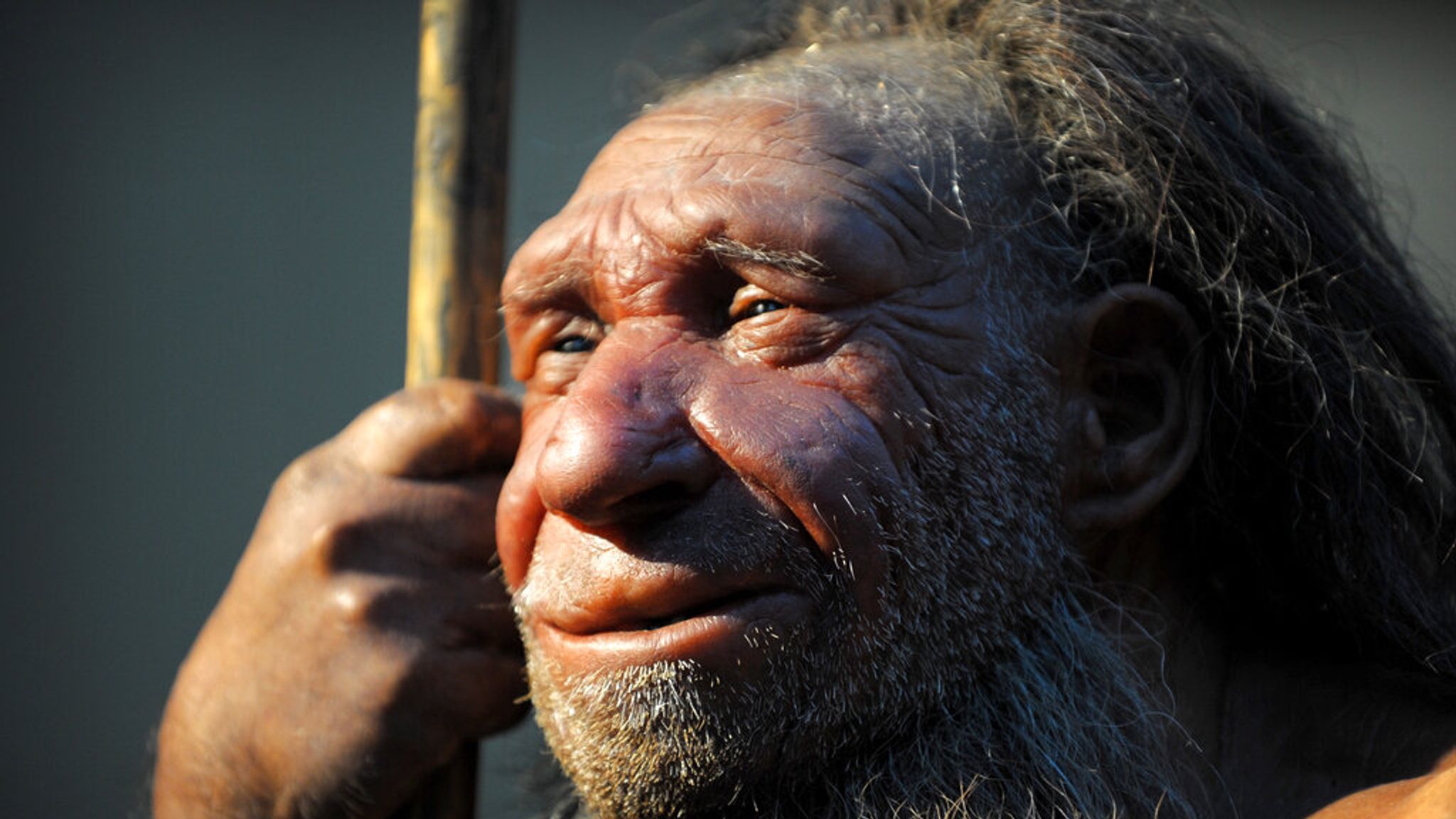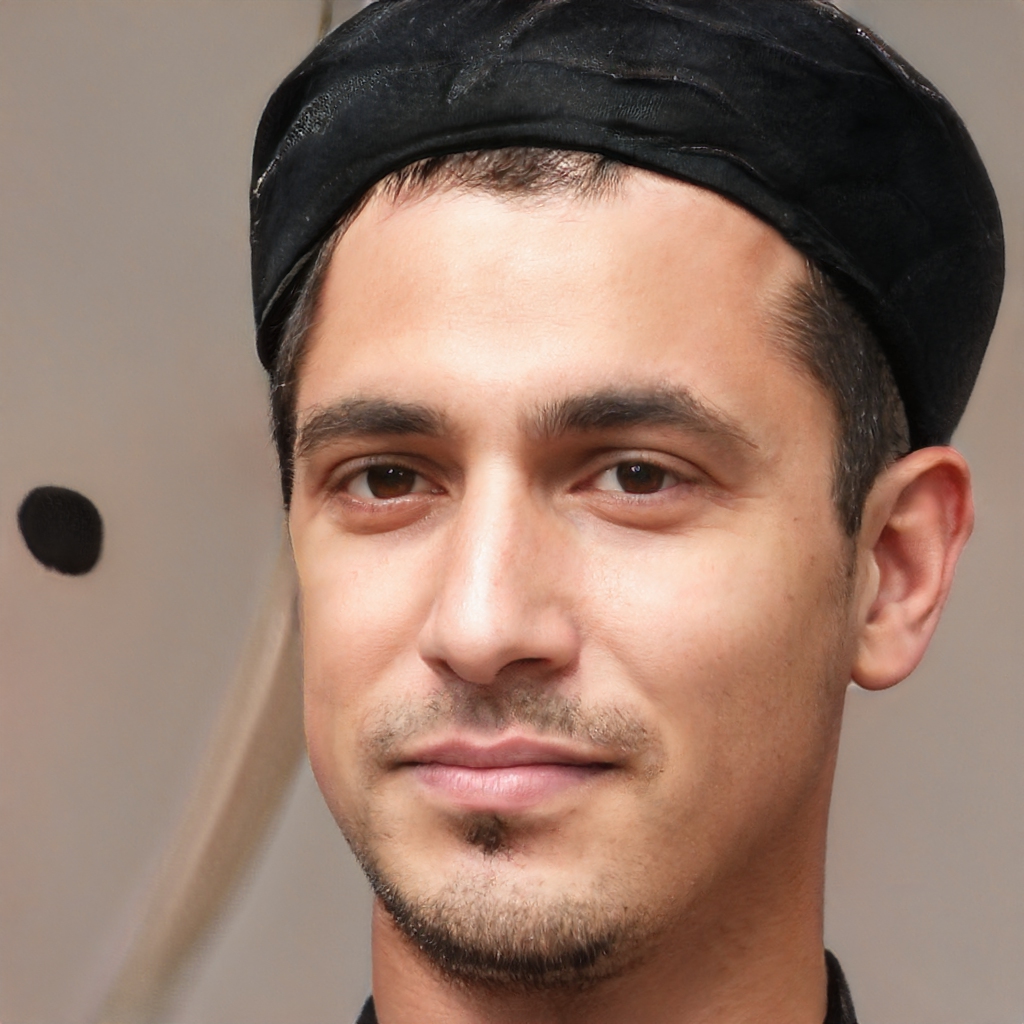Neanderthal DNA Might Be The Reason Why Some Of Us Are Morning People
In a surprising twist of genetic influence, the inclination to rise early in the morning may find its roots in our Neanderthal ancestors. Recent scientific studies suggest that Neanderthal DNA might be the reason why some of us are morning people. This exploration delves into the fascinating findings that link our modern behaviors with the ancient genetic legacy we share with Neanderthals.
Author:Daniel JamesReviewer:Anderson PattersonDec 19, 20233.5K Shares130.4K Views

In a surprising twist of genetic influence, the inclination to rise early in the morning may find its roots in our Neanderthal ancestors. Recent scientific studies suggest that Neanderthal DNA might be the reason why some of us are morning people. This exploration delves into the fascinating findings that link our modern behaviors with the ancient genetic legacy we share with Neanderthals.
Genetic studies have revealed that certain variants of Neanderthal DNA might be the reason why some of us are morning people. These genetic markers, identified through large-scale genomic analyses, offer insights into the genetic basis of our circadian rhythms, our internal biological clocks that regulate the sleep-wake cycle.
A study found that some people may be morning people due to genetics inherited from Neanderthals, an extinct human cousin that lived approximately 40,000 years ago. The National Library of Medicinedefines the circadian rhythm as "the 24-hour internal clock in our brain that regulates cycles of alertness and sleepiness by responding to light changes in our environment." It was developed by those beings.
According to the study, Neanderthals had to adjust to higher latitudes with varying daylight and temperature throughout the year. These genes were then passed down to modern humans when they started mating with Homo sapiens.
Researchers were able to compile information from the UK Biobank, a health database that includes self-reported data on whether or not people identify as early risers.
John Capra, an epidemiologist at the University of California, San Francisco, stated:
“„By analysing the bits of Neanderthal DNA that remain in modern human genomes, we discovered a striking trend.- John Capra
He claimed that many of them had an impact on the genes that control body clocks in contemporary humans, typically "increasing propensity to be a morning person."
After analyzing the DNA of Neanderthals and modern humans, Capra and his colleagues discovered that the circadian rhythms, or body clocks, of the two groups were influenced by distinct genetic variations. They reasoned that since modern humans' ancestors mated with Neanderthals, it was possible that some modern humans carried the Neanderthal variants.
The researchers used UK Biobank, which has genetic, health, and lifestyle data on half a million people, to double check. The scientists report in Genome Biology and Evolution that not only did many people carry the variants, but the genes were consistently associated with an early wakefulness.
However, Neanderthal genes are not necessary to be an early riser. People's sleep and wakefulness are influenced by hundreds of genes, in addition to a host of environmental and cultural factors. All things considered, the Neanderthal genes barely make a dent.
Conclusion
Neanderthal DNA might be the reason why some of us are morning people. As the dawn breaks on new revelations in genetics, the connection between Neanderthal DNA and our inclination to rise early adds a compelling chapter to the story of human evolution. The study of our ancient genetic legacy continues to unveil the intricate ways in which our ancestors' genes shape our present-day lives, enriching our understanding of the intricate tapestry of human behavior and evolution.
Jump to

Daniel James
Author
Daniel James is a distinguished gerontologist, author, and professional coach known for his expertise in health and aging.
With degrees from Georgia Tech and UCLA, including a diploma in gerontology from the University of Boston, Daniel brings over 15 years of experience to his work.
His credentials also include a Professional Coaching Certification, enhancing his credibility in personal development and well-being.
In his free time, Daniel is an avid runner and tennis player, passionate about fitness, wellness, and staying active.
His commitment to improving lives through health education and coaching reflects his passion and dedication in both professional and personal endeavors.

Anderson Patterson
Reviewer
Anderson Patterson, a tech enthusiast with a degree in Computer Science from Stanford University, has over 5 years of experience in this industry.
Anderson's articles are known for their informative style, providing insights into the latest tech trends, scientific discoveries, and entertainment news.
Anderson Patterson's hobbies include exploring Crypto, photography, hiking, and reading.
Anderson Patterson's hobbies include exploring Crypto, photography, hiking, and reading.
In the Crypto niche, Anderson actively researches and analyzes cryptocurrency trends, writes informative articles about blockchain technology, and engages with different communities to stay updated on the latest developments and opportunities.
Latest Articles
Popular Articles